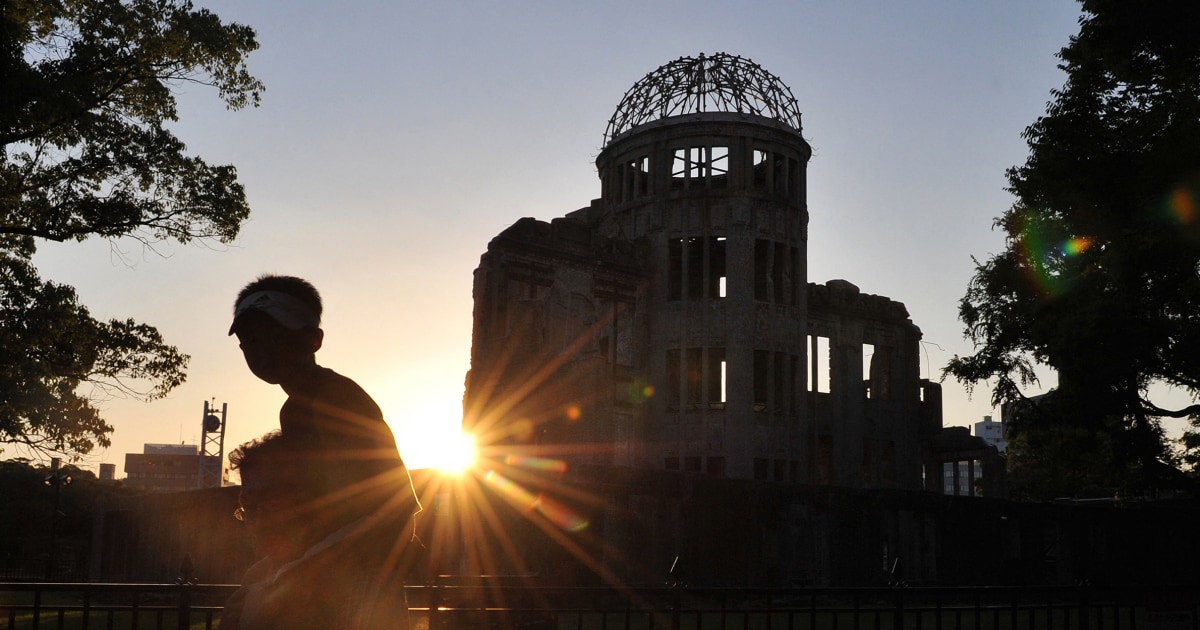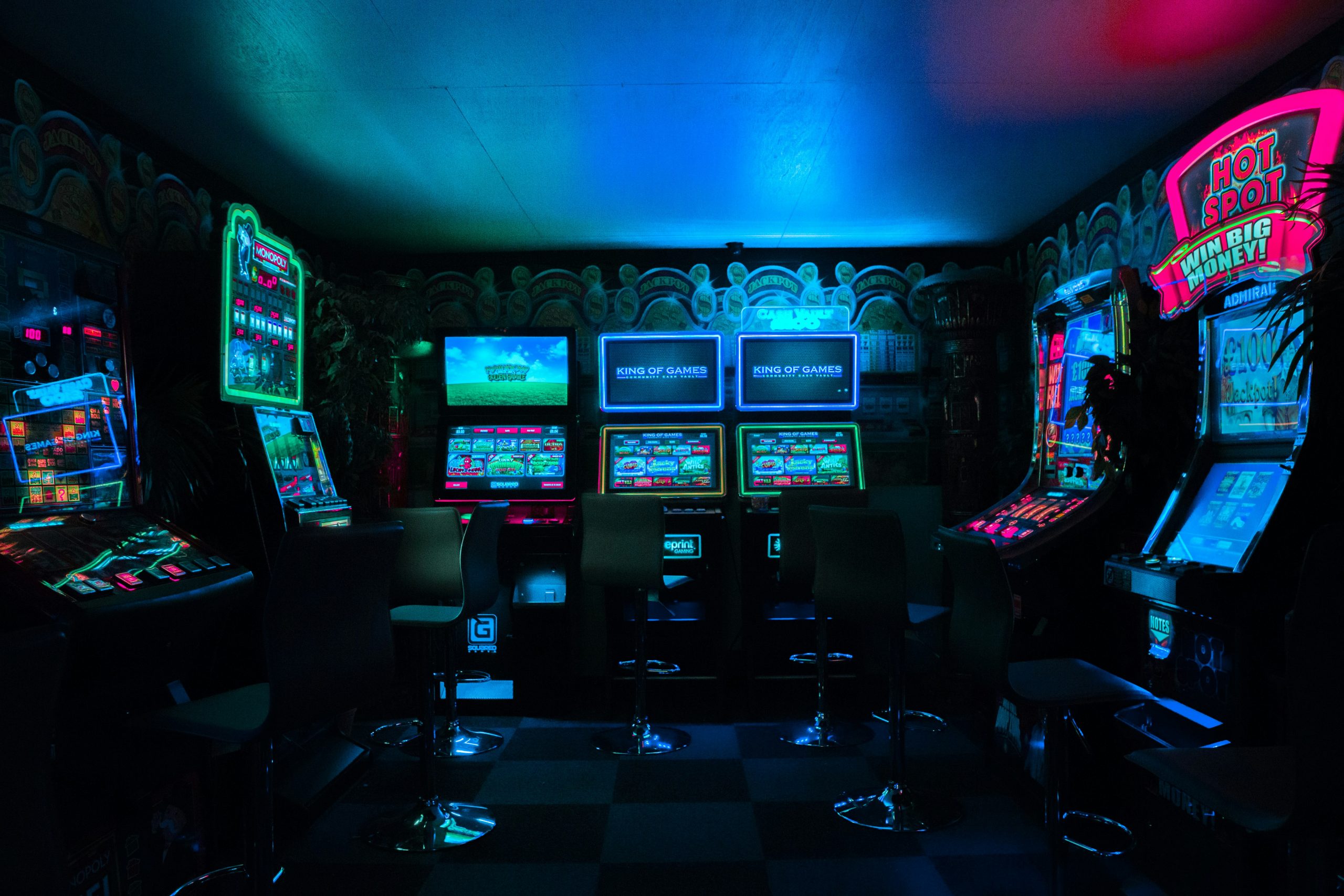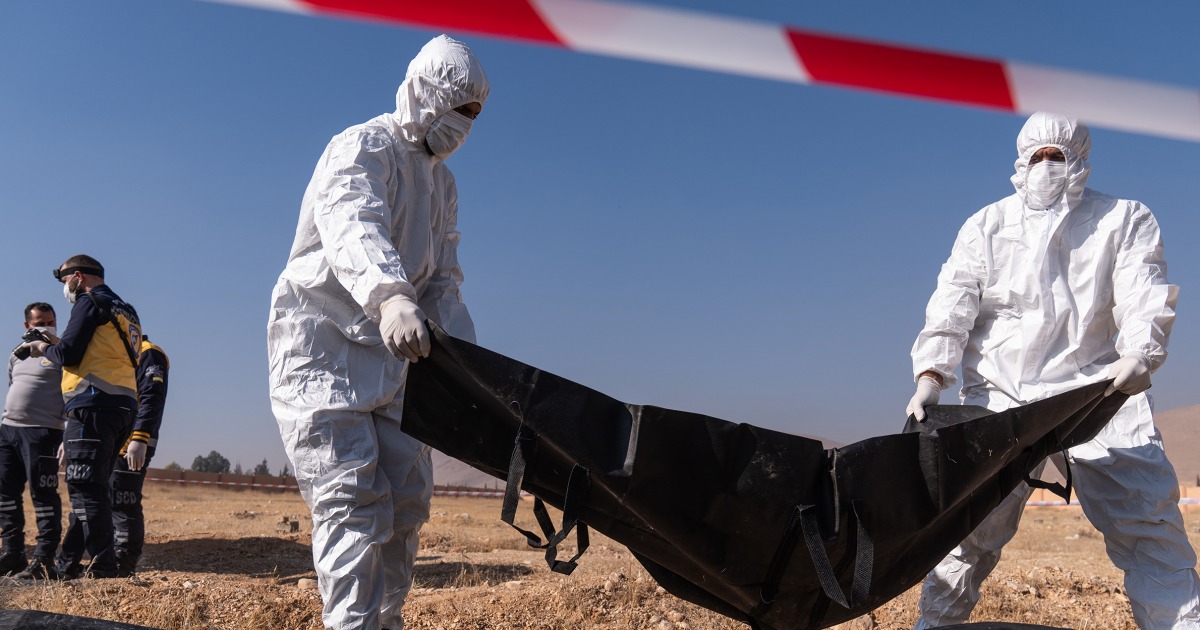World
Nobel Peace Prize awarded to Japanese anti-nuclear weapon group Nihon Hidankyo

The Nobel Peace Prize was awarded Friday to a Japanese anti-nuclear weapon group comprising survivors of the atomic bombings of Hiroshima and Nagasaki.
Nihon Hidankyo was given the award “for its efforts to achieve a world free of nuclear weapons,” the Norwegian Nobel Committee said. “And for demonstrating, through witness testimony, that nuclear weapons must never be used again.”
The United States dropped nuclear bombs on Hiroshima and Nagasaki at the end of World War II in 1945, killing an estimated 120,000 people in what was the only time such weapons have been used in a conflict. After the ensuing, decadeslong nuclear anxiety of the Cold War, these world-ending armaments are once again causing global unease amid wars in Ukraine and the Middle East.
“The nuclear powers are modernizing and upgrading their arsenals; new countries appear to be preparing to acquire nuclear weapons; and threats are being made to use nuclear weapons in ongoing warfare,” the committee said. “At this moment in human history, it is worth reminding ourselves what nuclear weapons are: the most destructive weapons the world has ever seen.”
Giving the prize to a little-known Japanese nonproliferation group was something of a surprise, given the scale of active conflicts raging around the world.
Indeed, accepting the award in Tokyo, the group’s chairman Toshiyuki Mimaki likened Japan’s nuclear fallout with the conflict in Gaza unfolding today.
“When I saw the children being carried, as they’re covered in blood,” he said of the images coming out of Gaza, “it was the same as Japan 80 years ago. The images overlap.”
That no weapons have been used in anger in 80 years is “an encouraging fact,” something to which the grassroots Japanese movement, which is also known as Hibakusha, has “contributed greatly,” the Nobel Committee said.
Its members have used their personal, first hand accounts of the blasts and their horrific aftermath to create educational campaigns. These testimonies “help us to describe the indescribable, to think the unthinkable, and to somehow grasp the incomprehensible pain and suffering caused by nuclear weapons,” the committee said, adding it had not yet been able to contact the group’s members to tell them the news.
“Today’s nuclear weapons have far greater destructive power” than Little Boy and Fat Man, the bombs that brought an irradiated “inferno” to the two Japanese cities in 1945, the committee said. Modern warheads “can kill millions and would impact the climate catastrophically. A nuclear war could destroy our civilization.”
So “it is therefore alarming that today this taboo against the use of nuclear weapons is under pressure,” the committee added.
Russian President Vladimir Putin has openly warned the West that he could use these bombs if the United States and its allies intervenes too much in the war in Ukraine.
North Korea is estimated to have dozens of warheads. And tensions are still bubbling between India and China, and India and Pakistan, all of which have their own arsenals.
Meanwhile Israel, which is widely believed to have nuclear weapons, is trading missile fire with Iran, which international monitors say is now capable of developing its own warheads.
In terms of conventional warfare, this peace prize was awarded in a year with more active conflicts than at any time since World War II. Geopolitics is dominated by the major wars in the Middle East and Europe, but Sudan is also riven by an ongoing civil conflict.
There were a number of organizations related to those conflicts who had been tipped as favorites for the Nobel award.
“I think it’s safe to say you defied most of the expectations this year,” one journalist said at a question-and-answer session following the announcement.
Getting a Nobel Peace Prize is by no means a guarantor that the efforts of its recipient have or will be successful.
Last year it was won by Iranian activist Narges Mohammadi, who remains imprisoned while the regime continues to severely restrict women’s rights and other freedoms.
The year before, it was given to the trio of Belarusian activist Ales Bialiatski, and two Russian and Ukrainian human rights groups, Memorial and the Center for Civil Liberties. Two years on, Russia’s invasion of Ukraine still grinds on unabated, while domestically the Kremlin clamps down on almost ever aspect of daily public life.








